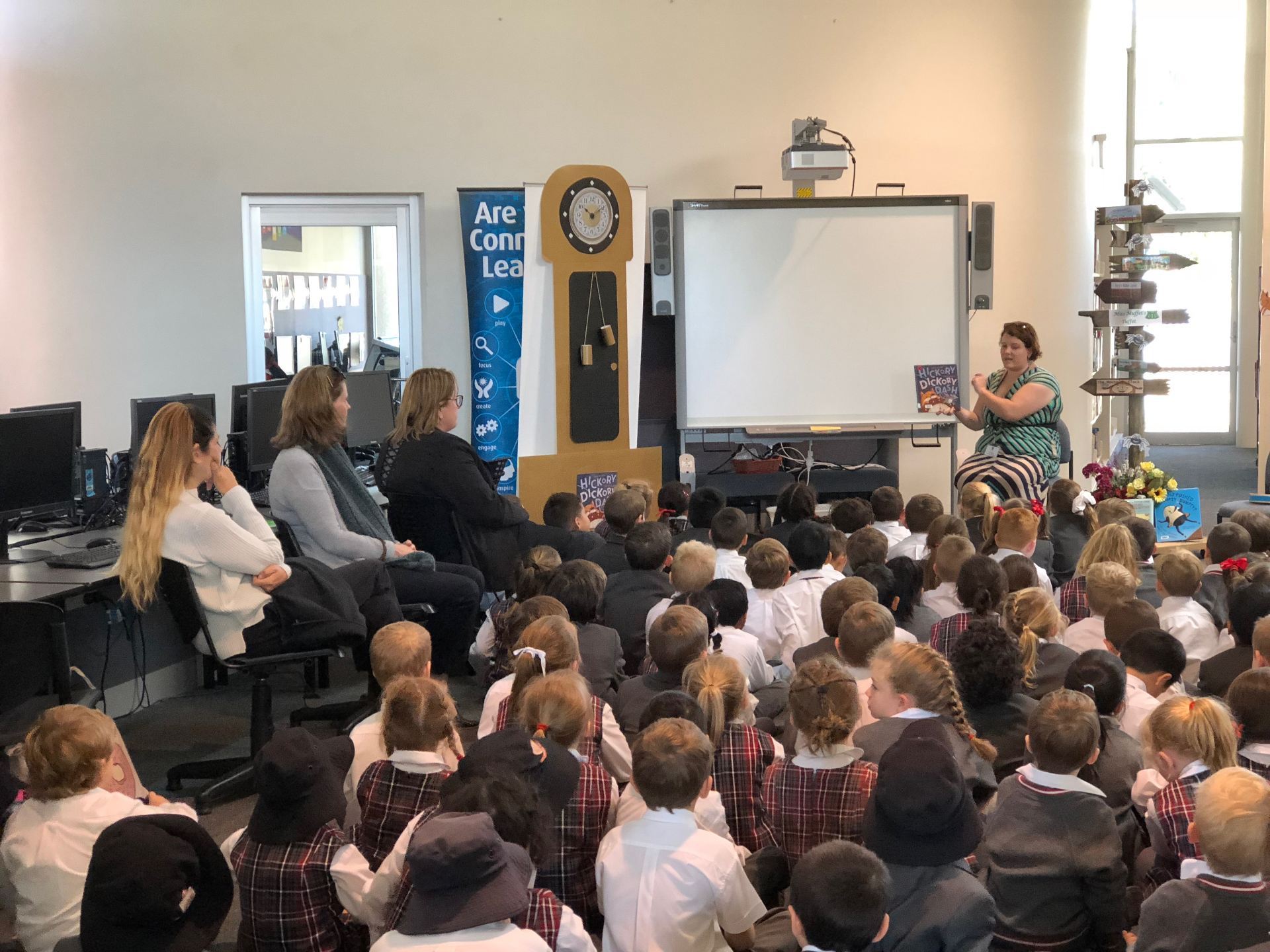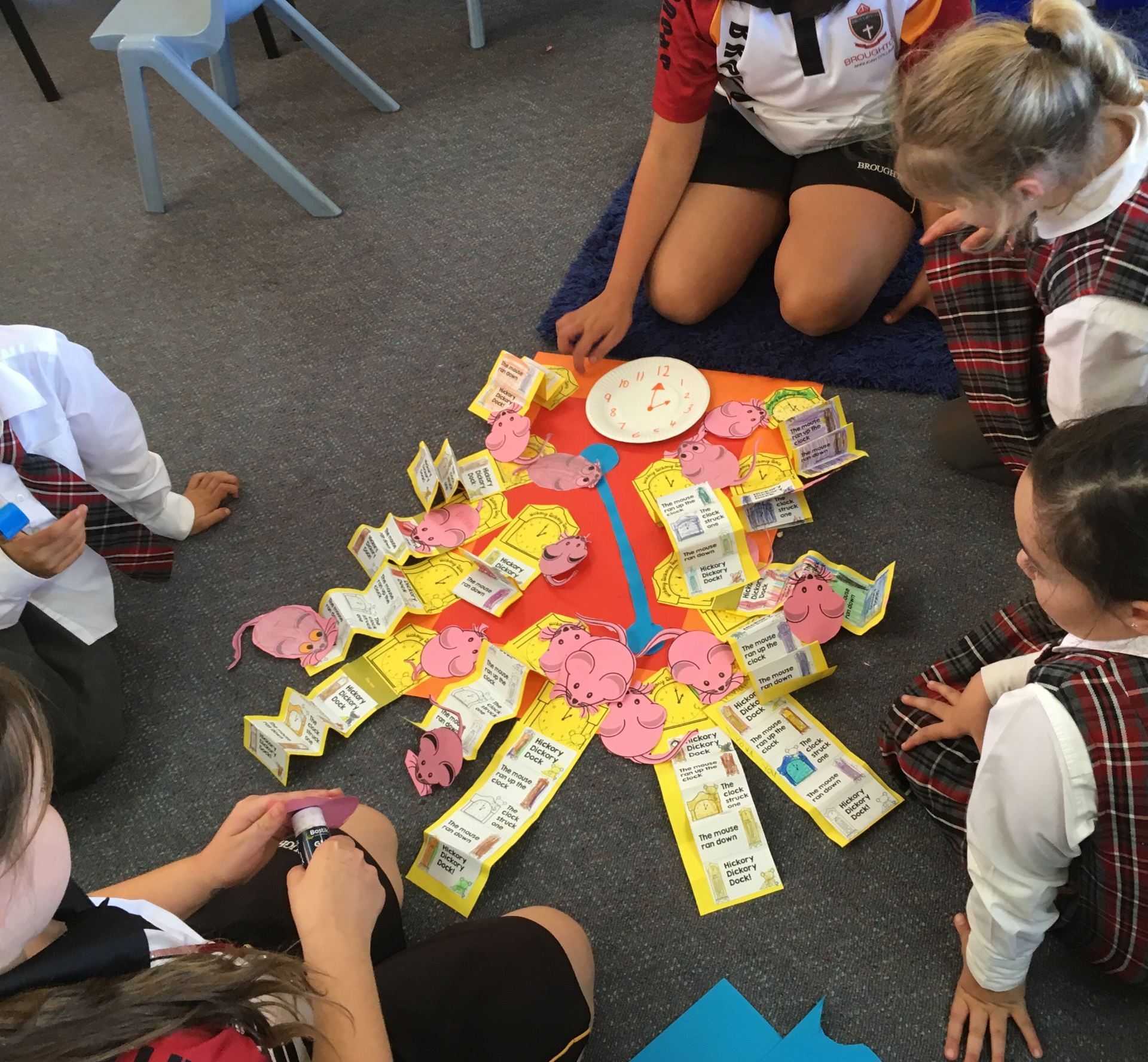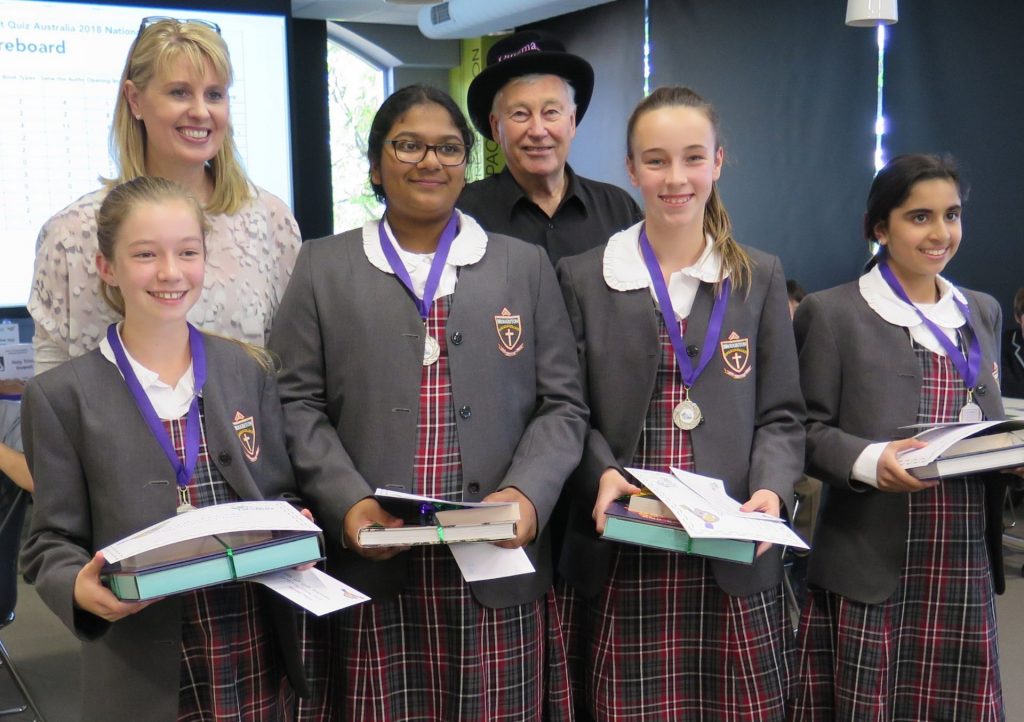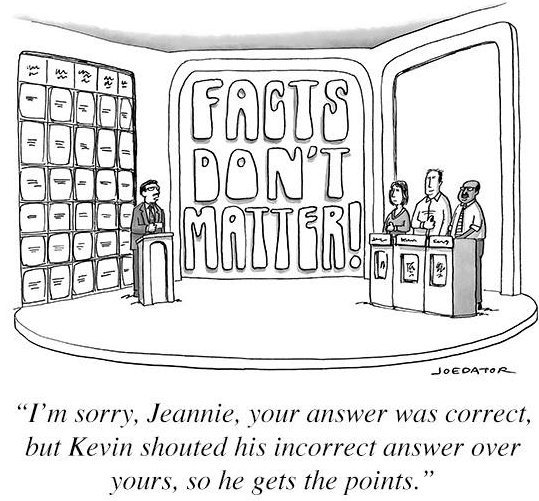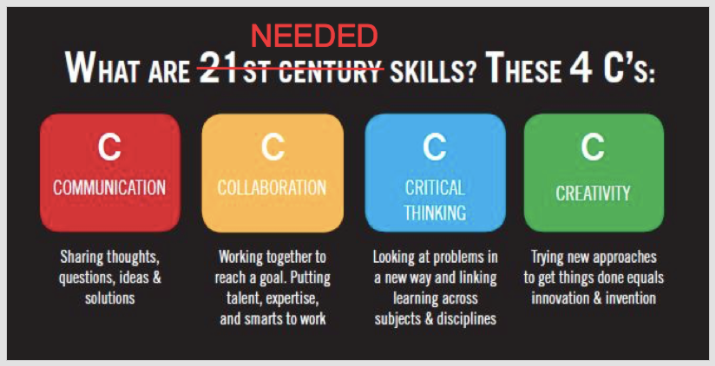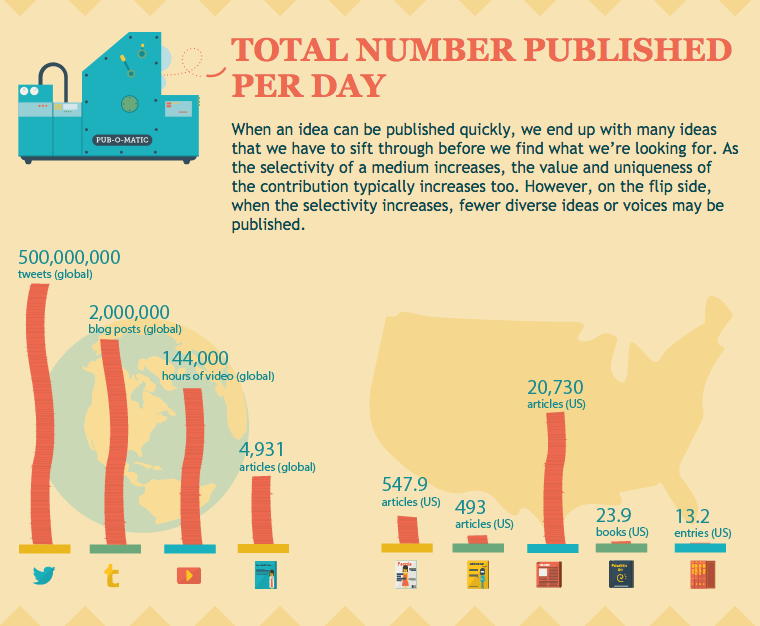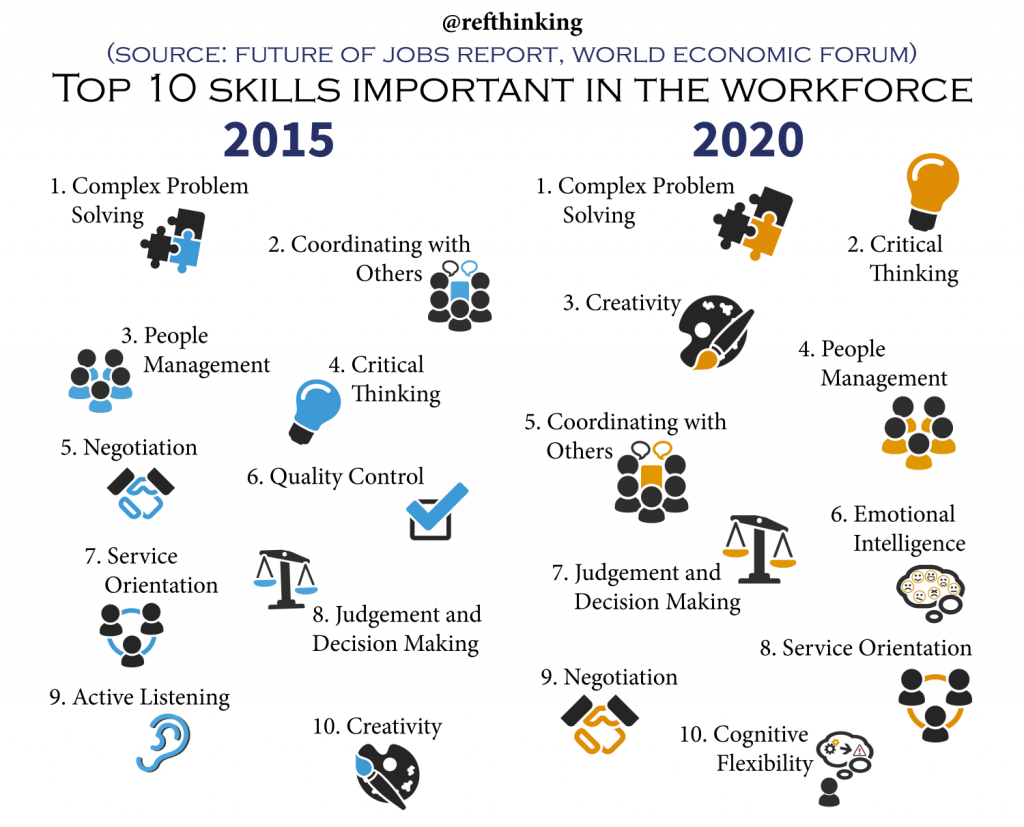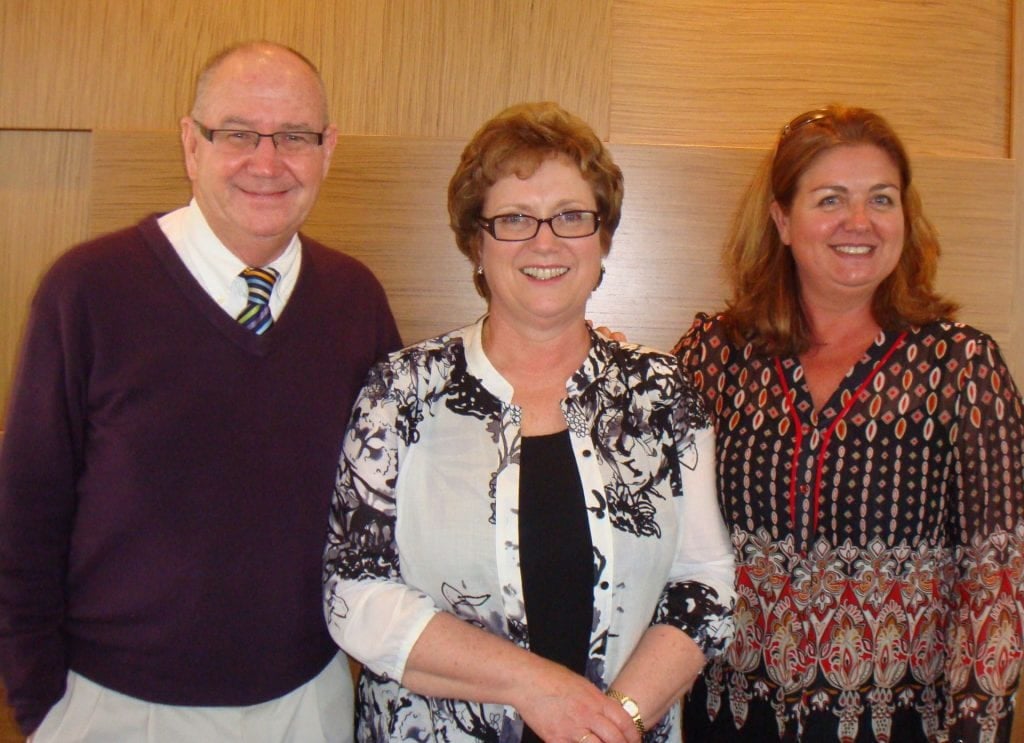
It seems fitting to dedicate this last post to Dr Ross Todd as his influence over teaching and learning at Broughton has extended over many years through his mentoring of our practice of Guided Inquiry and Evidence Based Practice. (This blog is moving to a new site within our school domain so this will be my last post here but the new address will be published when it is established soon. This site will remain as it stores so many results and examples of Guided Inquiry in practice.)
The two people in the image above have inspired and mentored me over my professional life as a teacher librarian. I met Dr Lyn Hay as a lecturer when completing my teacher librarian Master’s degree and she inspired me, and continues to inspire me, to extend myself and experiment with using technology in my role as a teacher of information literacy across all ages and integrated into curriculum areas.
In 2008 I met Dr Ross Todd when I attended a conference in Sydney and he totally inspired me to encourage student participation and voice in their learning through research-based units of work called “Guided Inquiry”. At that conference another teacher librarian, Lee Fitzgerald, demonstrated a unit of work she had completed using Guided Inquiry the previous year with her senior students at Loretto College. (She also continues to be an inspirational colleague.) One teacher and Year 7 class at Broughton worked with me that year to initiate a Guided Inquiry unit with very positive outcomes both from students being engaged in learning and in their meeting curriculum outcomes in content and information literacy.
During 2009 the Association of Independent schools (AIS) offered grants for teacher librarians to undertake action research into Guided Inquiry as a pedagogical practice. Together with nine other schools in NSW, I took up this challenge. Dr Ross Todd came to Australia and closely mentored us through the process of using Guided Inquiry, and the AIS mentored us in the action research process.
We were all astounded at the results of the research showing how much our students appreciated having a say in choice of topic areas for research within curriculum areas and in how much they learned overall from their research and from sharing learning with their peers. Their engagement in their work was obvious. In 2010 I undertook a second round of action research with AIS. Students excelled, not only in the engaged learning of subject content but also in extending their information literacy skills.
In 2010 I was invited to present my action research findings at another Syba Signs conference in Sydney at which Dr Ross Todd, again, was the Keynote speaker. I took with me two students who gave examples of their work and discussed the research process, inspiring other teacher librarians to use Guided Inquiry to integrate information literacy with content learning through Guided Inquiry research units of work. (This process s now called Guided Inquiry Design (GID.)
Broughton took up this practice of guided research across many classes, from Year 2 to Year 11, until 2019, with the occasional collaborative participation by a few teachers and classes since then. This blog stores many examples of practice in the drop-down menu.
Dr Ross Todd constantly spoke of “Evidence-based practice” (before this became a commonly used term) and promoted the use of action research upon which to base all teaching and learning.
Dr Ross Todd always had time to mentor – either through emails, over a meal or afternoon tea when he came to Sydney. To hear that this inspirational mentor, to all teacher librarians globally, has passed away has left us all devastated.
Please take the time to read about his incredible achievements, always willing to share research, knowledge and expertise.
https://comminfo.rutgers.edu/news/memoriam-ross-j-todd-associate-professor-library-and-information-science

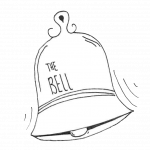
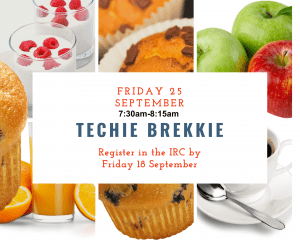
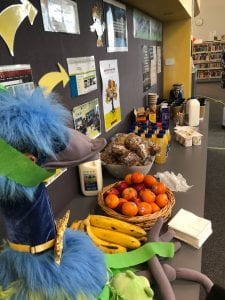
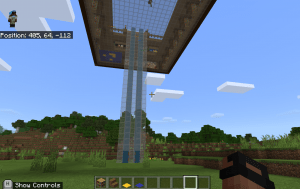
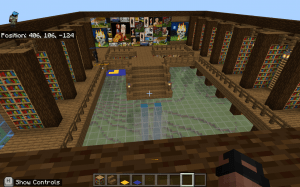
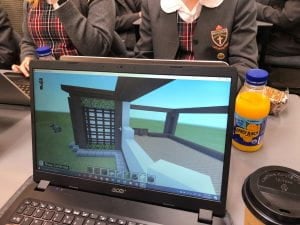
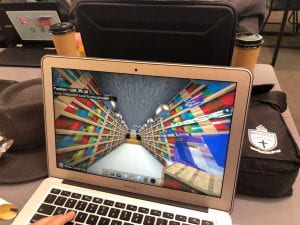
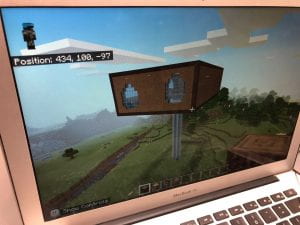
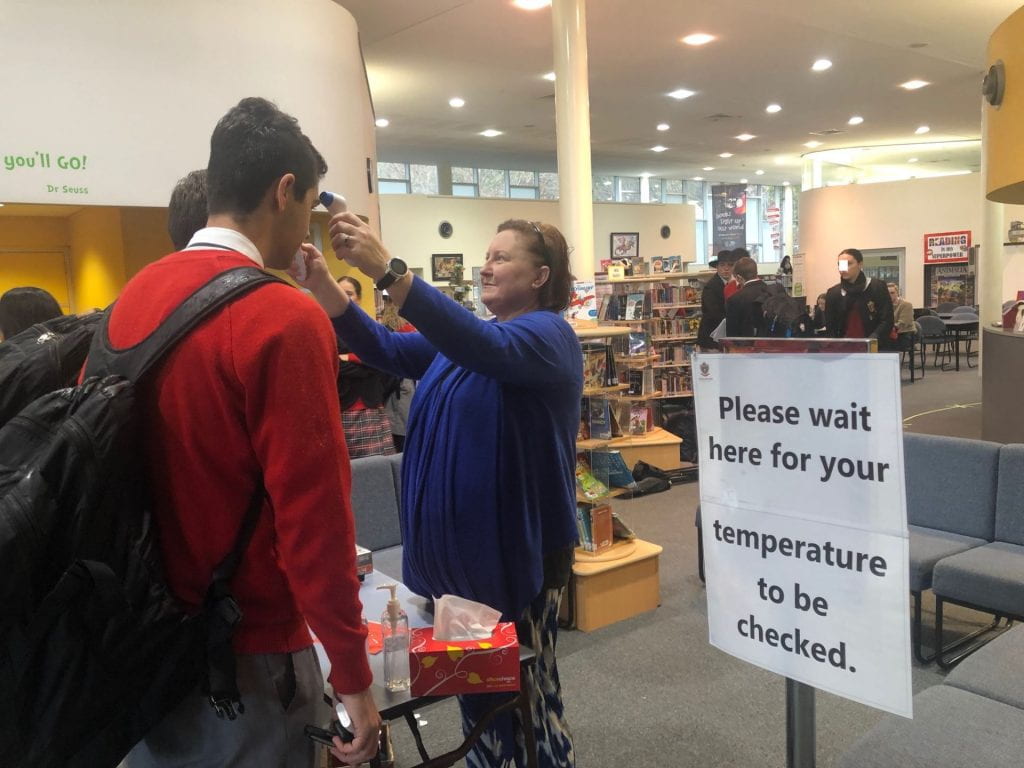
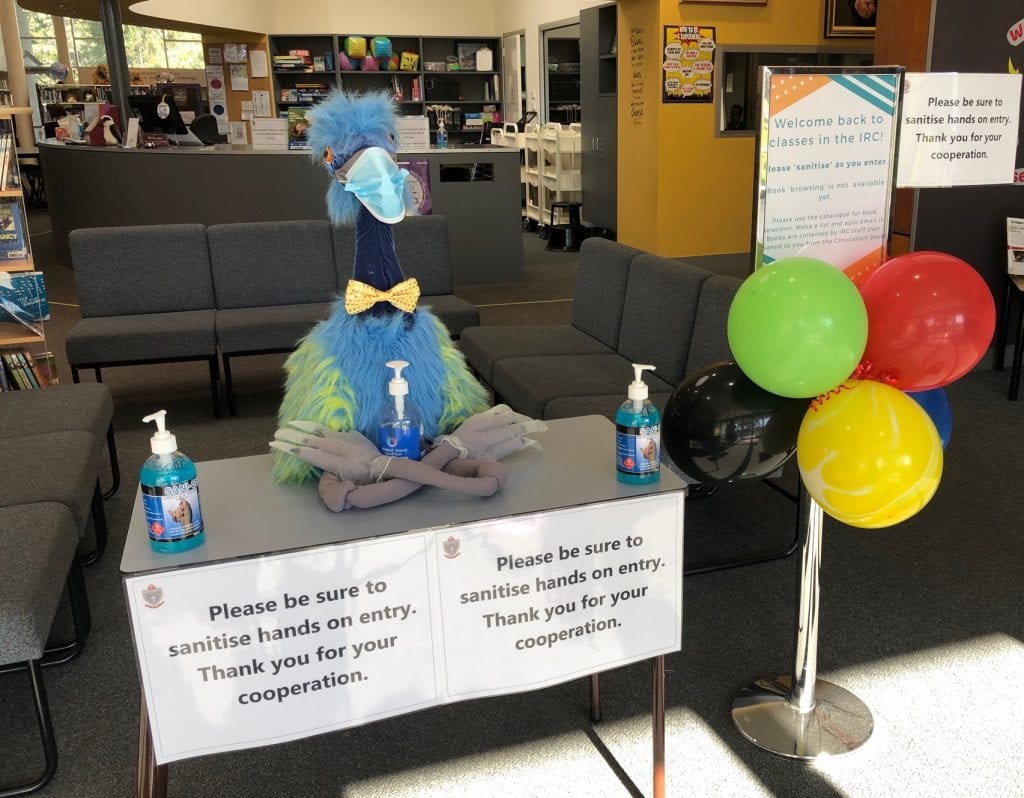
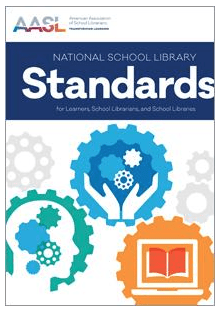
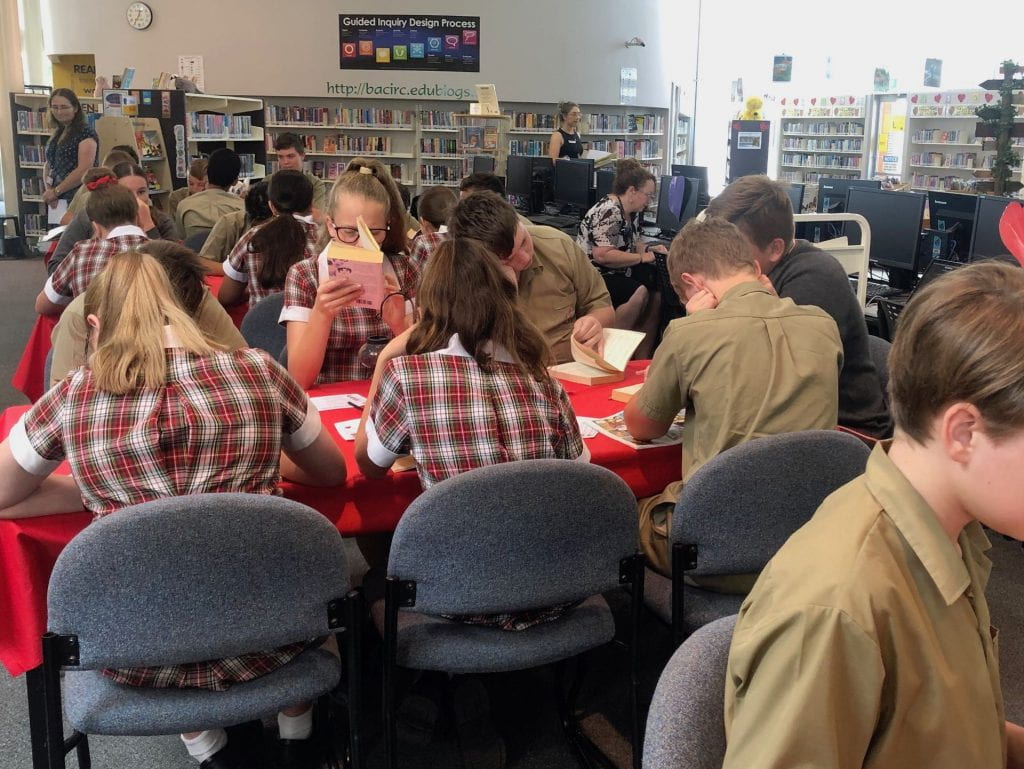
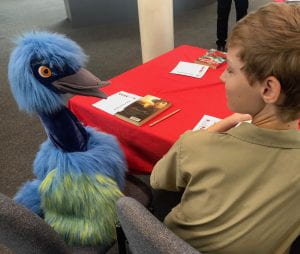
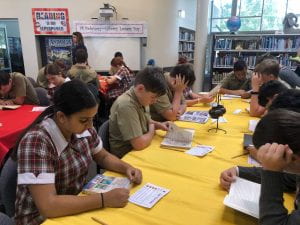
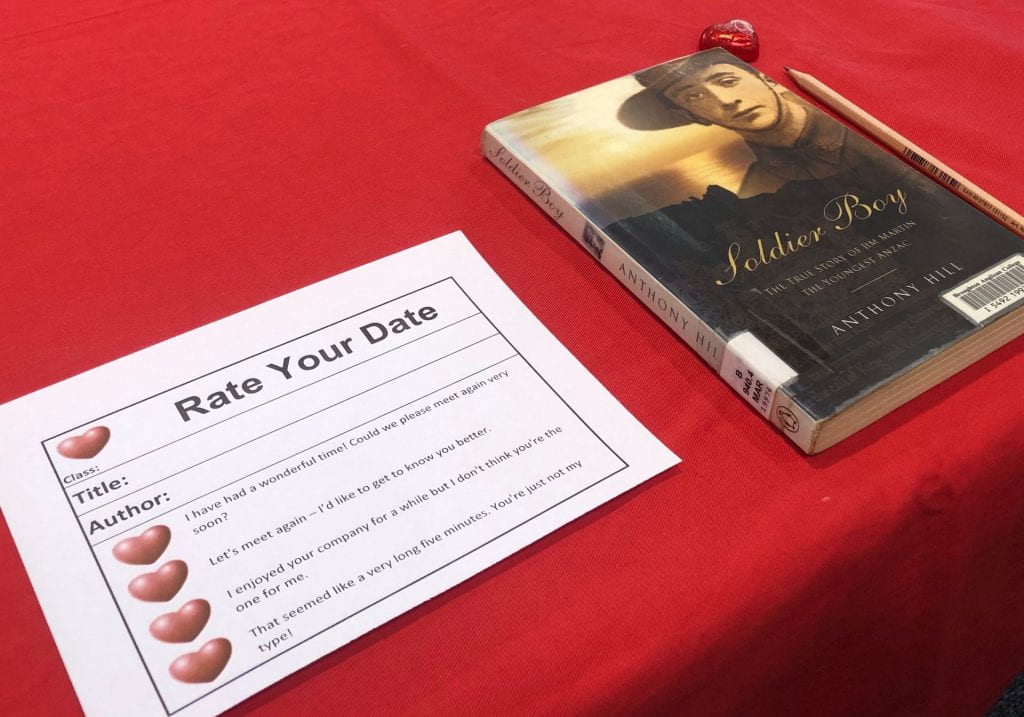
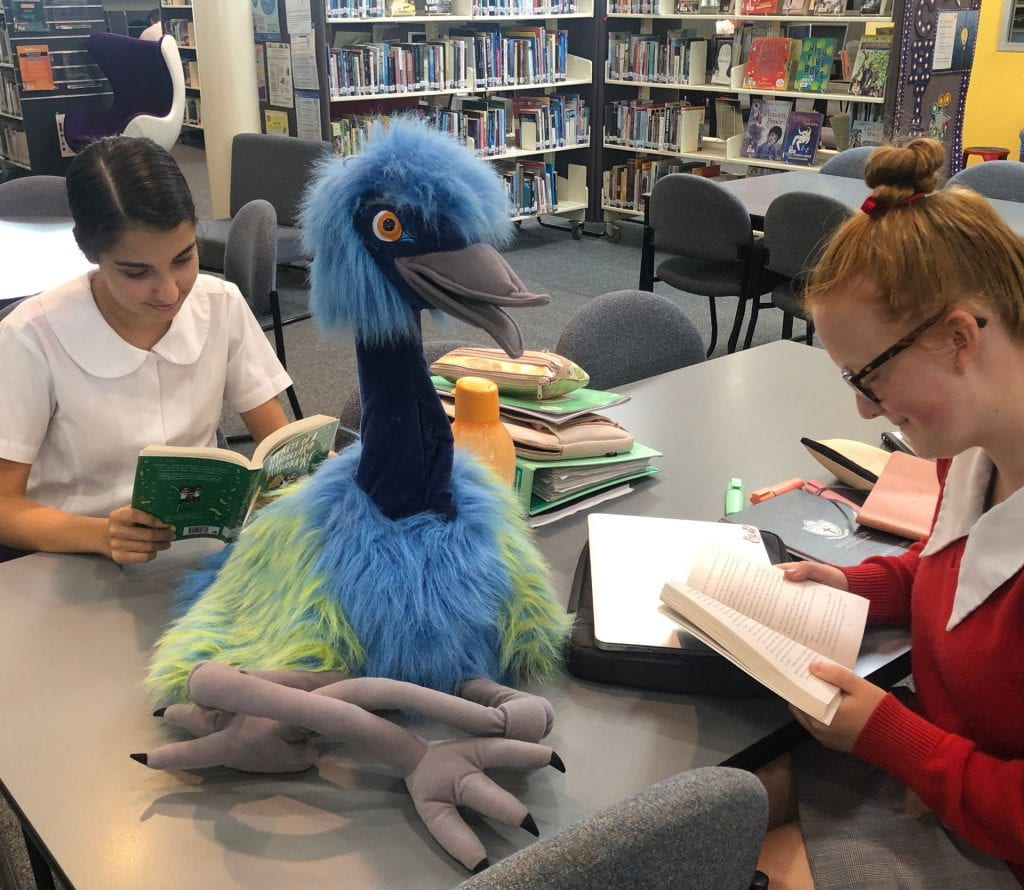 At BACIRC we are starting the new year with more initiatives than ever to encourage reading right across our P-12 school.
At BACIRC we are starting the new year with more initiatives than ever to encourage reading right across our P-12 school.